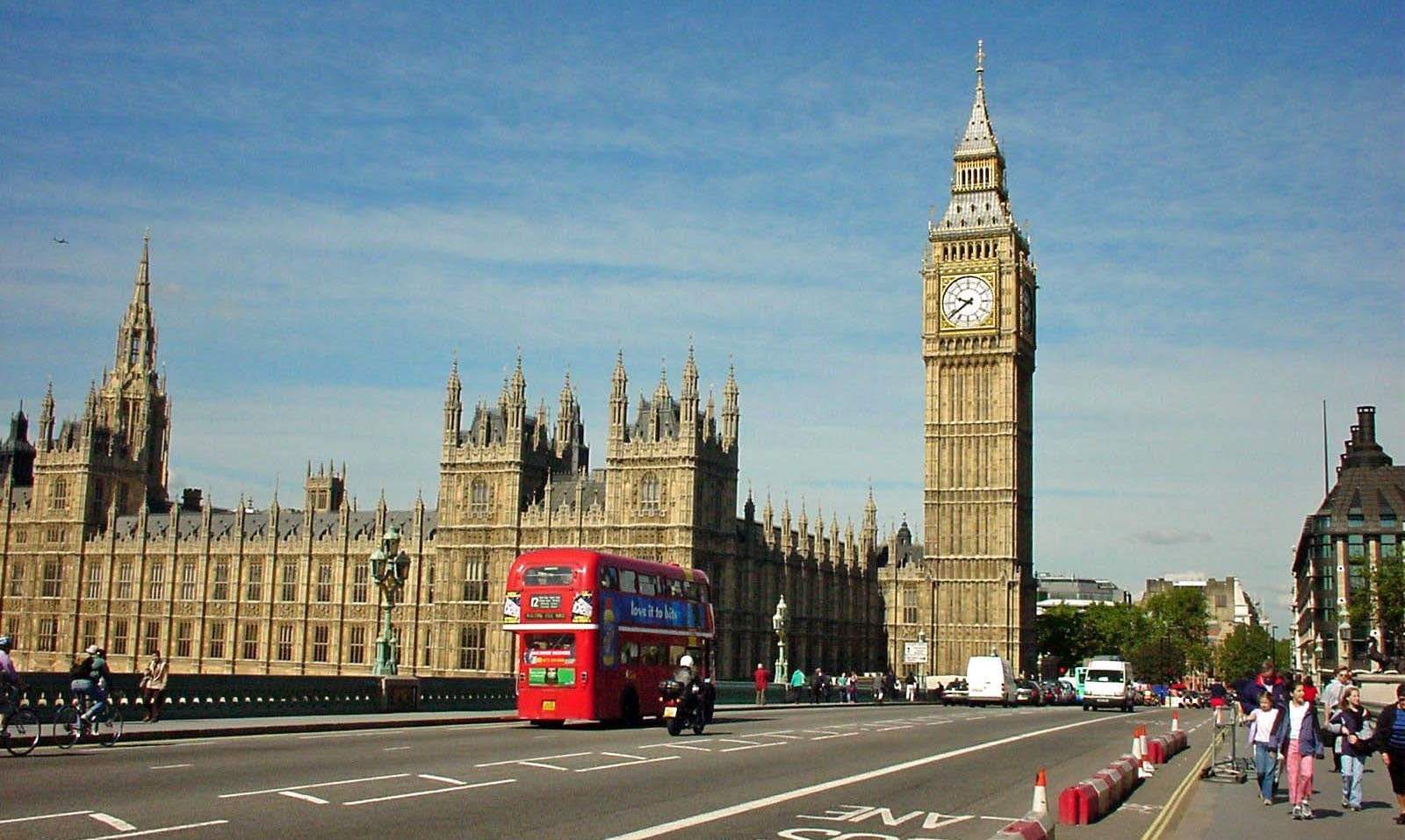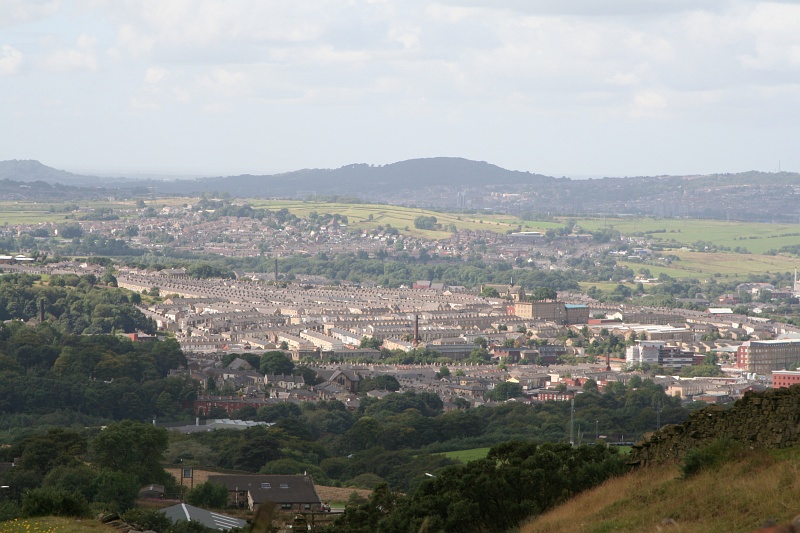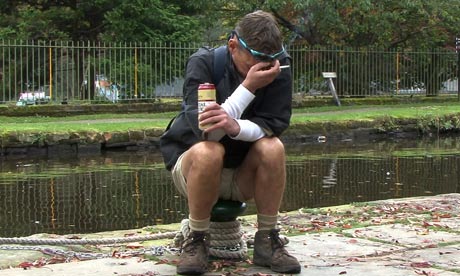Everyone has a mental map of London, even if they've never been there (the Gherkin and banks are over there, theatres are somewhere else, the museums and parks and Buckingham Palace). Everyone in Britain has seen thousands of images of London, and, crucially, they have been labelled LONDON.
 |
| This is what London looks like. |
There was an article about this in the LRB the other month. France is much better at giving its provincial towns identity. Here stories are either in London, or in a hazy non-London.
19th-century literature could represent life outside London only with vague gestures of generalisation, as if the naming or describing of actual towns in the provinces fell under a pudeur scarcely less than that obscuring sex... Middlemarch is the title of a great novel, but the town itself is an abstraction, whose relation to the Coventry at which scholars try to peer behind it is notional. Was ‘Coketown’ – one of Dickens’s few excursion outside London – based on Preston, as some believe? It hardly matters.North and South? Skirts drawn up around Manchester, set in ‘Milton’. In Hardy, the faux-archaism of ‘Wessex’ and its cod-toponyms – Casterbridge, Melchester, Christminster and the rest…When you start thinking of more examples you can't stop. Lot of things have been filmed in Bradford (e.g. Billy Liar), very few are set there. A Kind of Loving is set in "a Lancashire town". Not Preston, not Blackburn, not Burnley. Just "The North". The Nottingham-ness of Saturday Night and Sunday Morning is a big part of the book, considerably played down for the film. Even J.B. Priestley, Bradford's foremost literary son, talks of the amalgamous Bruddersford.
Even in modern times… Amis’s Lucky Jim tippexed Swansea, and Lodge’s ‘Rummidge’ trilogy could not bring itself to name Birmingham. The persistence of the convention speaks volumes for the low standing of urban life outside the capital, novels risking loss of audience if they speak too openly of a particular city, as unlikely to be of much interest to anyone outside it.
 |
| "The North" (actually Accrington) |
Why I think this is important!
Specificity confers legitimacy. Despite its complexity London is simply easier to visualise than anywhere else in the UK. Because of this (I theorise), and leaving economic considerations to one side, people are more likely to move there after university because they can picture themselves there. It becomes the only feasible destination for internal migration.
It's also subtly easier to support investment projects like Crossrail or a new airport as we can imagine what it might look like and how it'd fit in to our existing mental model. Consider a Crossrail which went from Liverpool to Hull. The national mental image would be something like:
Liverpool: Beatles -> Warrington… rugby league? -> Manchester… football/Oasis -> West Yorkshire… don't know -> Bradford: curry -> Leeds… don't they have a Harvey Nichols? -> Hull… Who knows anything about Hull?Without a strong mental picture it's a hard idea to get behind. Once these cities had football teams to represent them. With the globalisation of the Premiership these teams have become international brands who happen to have head offices these towns and cities.
A nice counter example is Happy Valley. We watched the first episode last night. It was pretty good! The best thing about it was its accuracy. This wasn't "Yorkshire" it was the Upper Calder Valley. Things happened in Sowerby Bridge. Todmorden got a shout out. Until recently we lived in that valley, before moving 15 miles east to Bradford. We've never regretted that move, but last night the images on the TV, just because they were images on a TV, started to tug at me. Suddenly the place felt more real, just from being reflected in culture.
 |
| Hebden Bridge |
Gen LOL at "don't they have a Harvey Nichols?"
ReplyDeleteMass Observation's "The Pub and the People" did all of its fieldwork in Bolton but then anonymised it to "Worktown" for no particular reason.